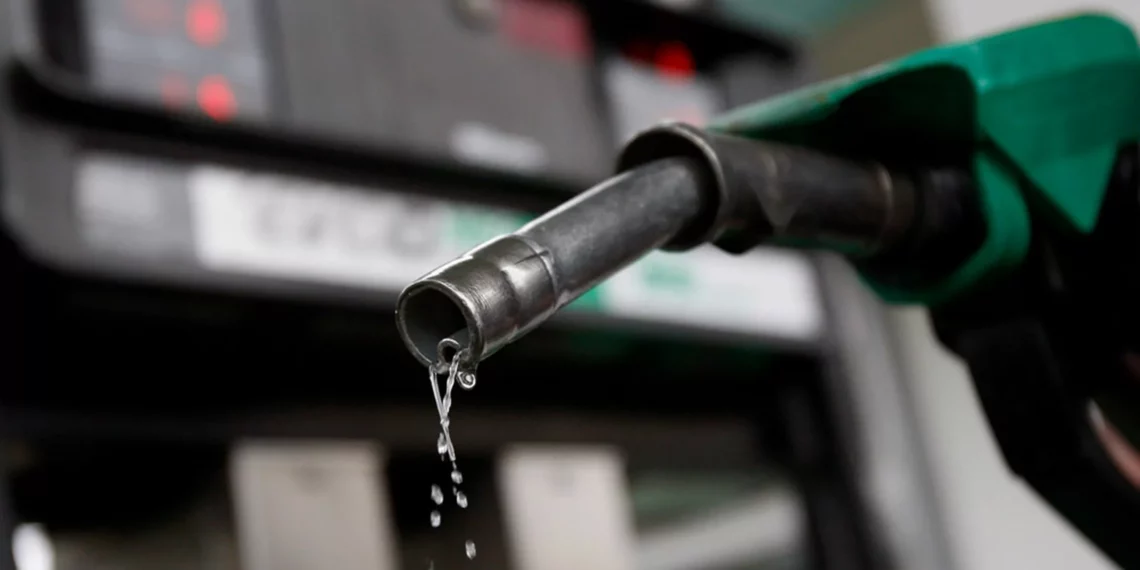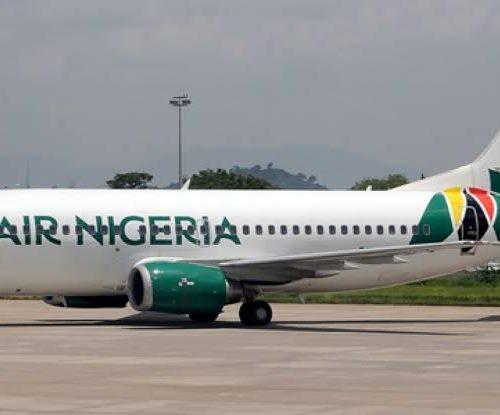Articles summary
- The Nigeria Extractive Industries Transparency Initiative (NEITI) has revealed that Nigeria spent $74.39 billion on fuel subsidies between 2005 and 2021.
- NEITI commends President Bola Tinubu’s declaration on subsidy removal and urges the government to implement the findings and recommendations in NEITI reports.
- The subsidy regime has imposed a significant financial burden on the Nigerian economy, and NEITI emphasizes the need for bold steps to block leakages, grow revenues, and advance reforms in the oil, gas, and mining industries.
The Nigeria Extractive Industries Transparency Initiative (NEITI) stated that between 2005 and 2021, Nigeria spent $74.39 billion on fuel subsidies or N13.69 trillion.
They praised the declaration by President Bola Tinubu on subsidy removal stating it is positive and urged the President to implement the findings and recommendations contained in the NEITI reports.
This was disclosed in a statement on Tuesday signed by Mrs. Obiageli Onuorah, the Deputy Director/Head of Communications and Stakeholders Management.
Bold steps
NEITI said bold steps were required to block leakages, grow revenues and advance the ongoing reforms in the oil, gas, and mining industries.
They revealed that their recommendations for removing fuel subsidies have remained a persistent request since 2006 given the agency’s concerns about the huge financial burden that the subsidy regime imposed on the growth of the Nigerian economy over the years.
NEITI noted that according to its reports, between 2005 and 2021, the country spent $74.39 billion which translated to N13.69 trillion on subsidies, the statement added:
- “A breakdown of these figures showed that in 2005, the government paid $2.6 billion dollars (N351 billion) as a subsidy. In 2006 and 2007, it paid $1.99 billion and $2.18 billion (N257 billion and N272 billion) respectively.
Increase and decline in subsidies
NEITI added that subsidy payments more than doubled in 2008 and 2010 and witnessed the highest increase ever in 2011 to $13.52 billion (N2.11 trillion), citing a sharp decline was witnessed in the years 2012, 2013, 2014 and 2015 when it dropped to $3.34 billion (N654 billion) in 2012.
They also noted a decline in subsidy expenditure continued in 2016 and 2017 to as low as $473 million dollars (N154 billion) in 2017.

- “The reduction was short-lived as the payments skyrocketed to over $3.88 billion (N1.19 trillion) in 2018 and 2021 to $3.58 billion (N1.43 trillion).
- “By these figures, Nigeria expended an average of N805.7 billion annually, N67.1 billion monthly or N2.2 billion daily,” she said.
Comparisons
NEITI says this also showed that the amount expended on subsidies from 2005 to 2021 was equivalent to the entire budget for health, education, agriculture, and defence in the last five years, adding that the sum equals the capital expenditure for 10 years between 2011 to 2020.
- “NEITI ‘s persistent calls for the removal of petroleum subsidies were informed by the fact that the ways of funding the expenditure over these years relied more on federation accounts funds, the Federal Government, and sometimes from external borrowing with negative consequences on government overall revenue profiles.
- “NEITI was also concerned that the consequences of funding subsidies have resulted in poor development of the downstream sector, declining GDP growth, rise in product theft, pipeline vandalism, environmental pollution, and undue pressure on foreign exchange.
- “Other challenges imposed on the economy were naira depreciation, low employment generation, the declining balance of payments and worsening national debt.”
They noted that the policy advisory released by NEITI in late 2022 to drive home the urgency to remove subsidy and resubmit earlier in 2023, NEITI recommended eight steps to manage subsidy removal.
Policy considerations
NEITI also underlined the importance of unveiling the implementation of people-oriented welfare programmes to provide relief for the poor and vulnerable and advised priority attention to be paid to the rehabilitation of the nation’s four refineries currently ongoing.
On other policy considerations, they urged the government should commission a special report on actual PMS consumption in Nigeria, enforce stringent sanctions for criminal activities in the sector and conduct appropriate stakeholders’ consultations, engagements, and enlightenment.
In case you missed it
Following the shocks and reaction from Nigerian marketers after the announcement by President Bola Tinubu that the subsidy has been removed.
The Asiwaju Bola Ahmed Tinubu Media Centre, a media and information affiliate of the President said that the panic buying which has come as a result of the declaration is “ needless as it will not take immediate effect until the end of June urging the public that he was merely communicating the status quo, they said:
- “The public is advised to note that President Bola Tinubu’s declaration that “subsidy is gone” is neither a new development nor an action of his new administration.
- “ He was merely communicating the status quo, considering that the previous administration’s budget for fuel subsidy was planned and approved to last for only the first half of the year.
- “ Effectively, this means that by the end of June, the Federal Government will be without funds to continue the subsidy regime, translating to its termination.”
Source: Opera News


















